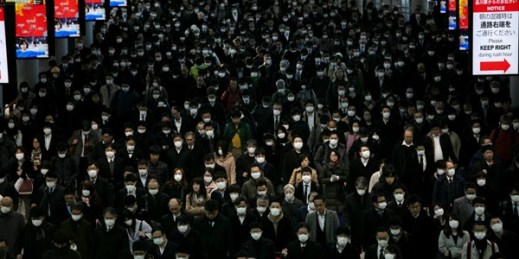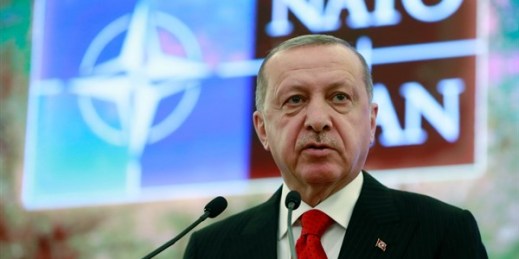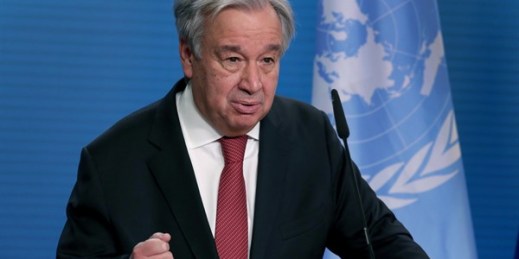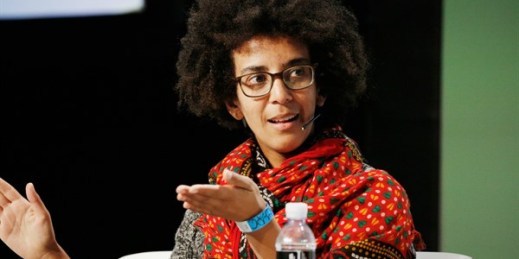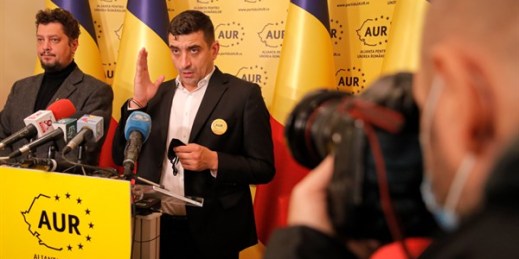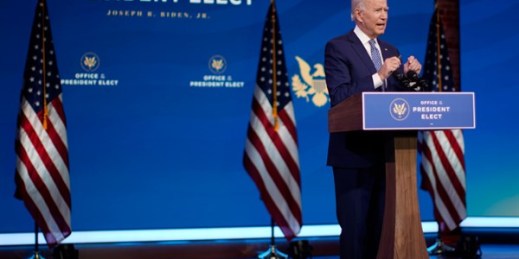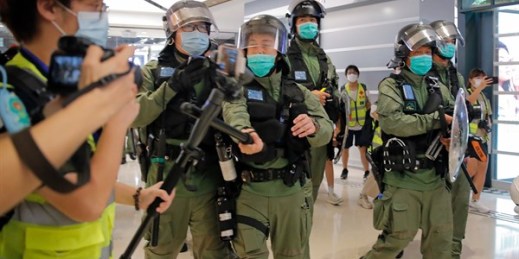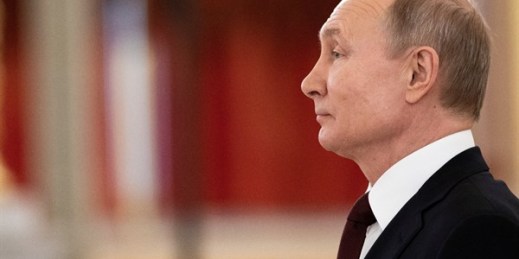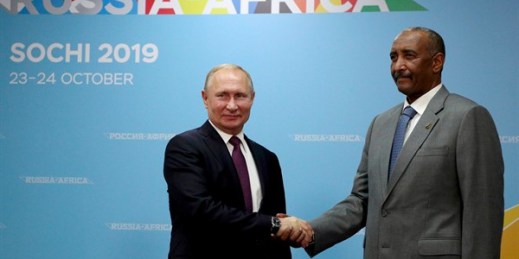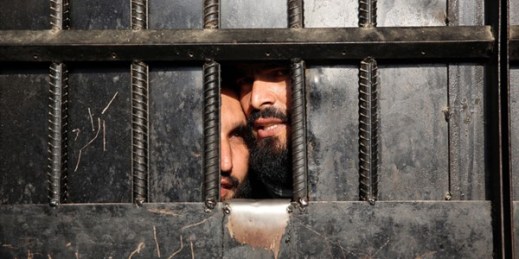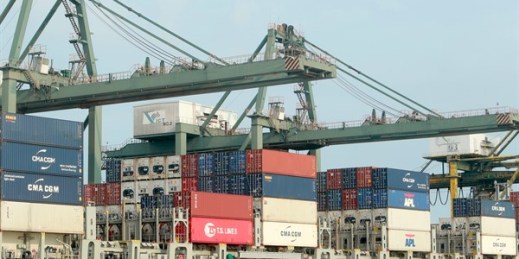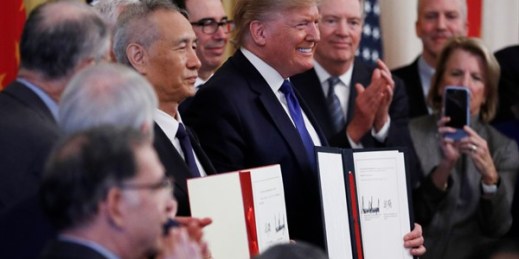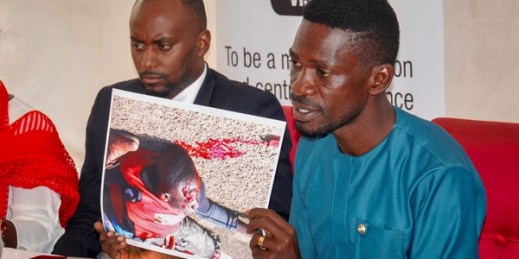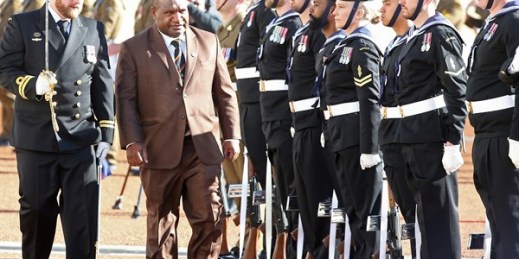
Nov. 13 began much like any other day in Waigani, the suburb of Port Moresby that houses Papua New Guinea’s unicameral Parliament. Much of the chamber sat empty while Prime Minister James Marape answered questions from the governor of Western Province about the national government’s plans to subsidize rubber production. Suddenly, former army captain Belden Namah, a longtime critic of Marape, swept into the hall to take his seat as opposition leader. He was flanked by a surprising array of senior lawmakers, including Marape’s own deputy prime minister, Sam Basil, and his foreign minister, Patrick Pruaitch—both of whom had expressed […]


